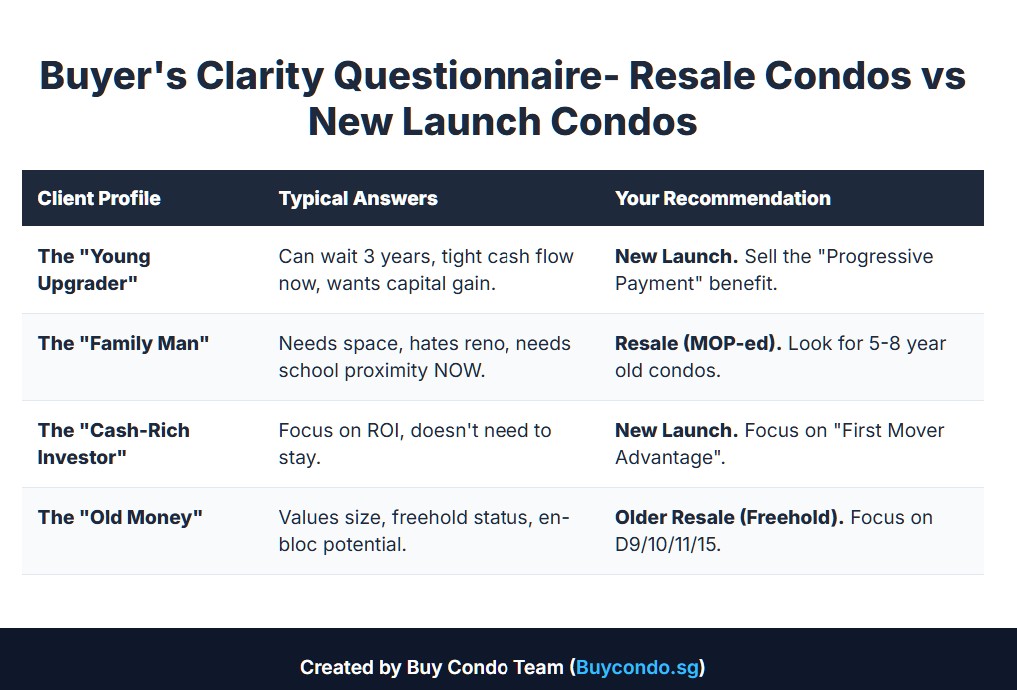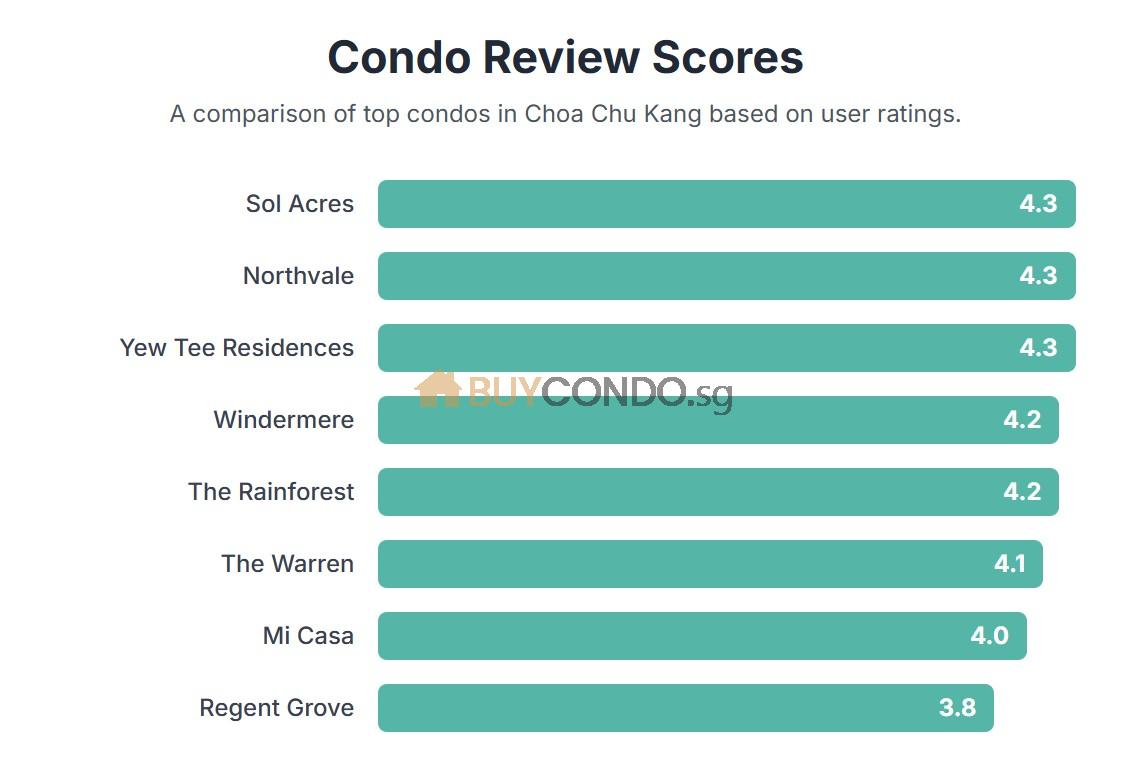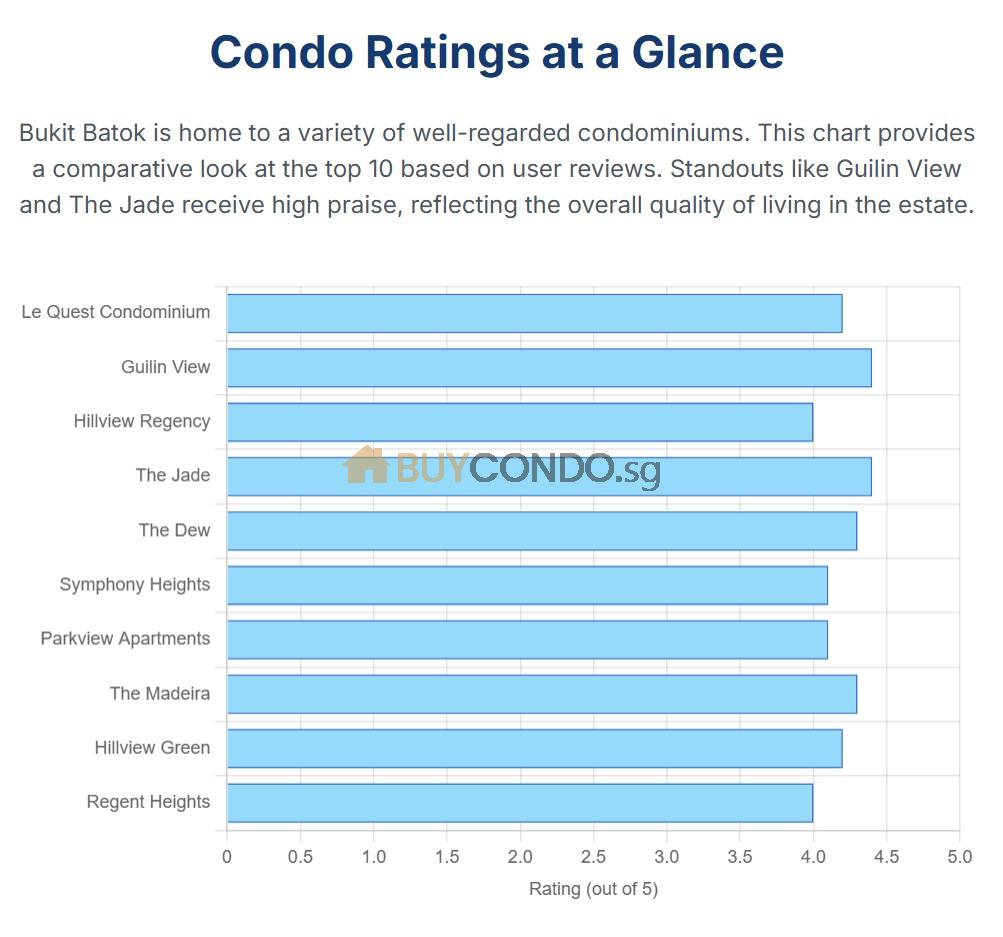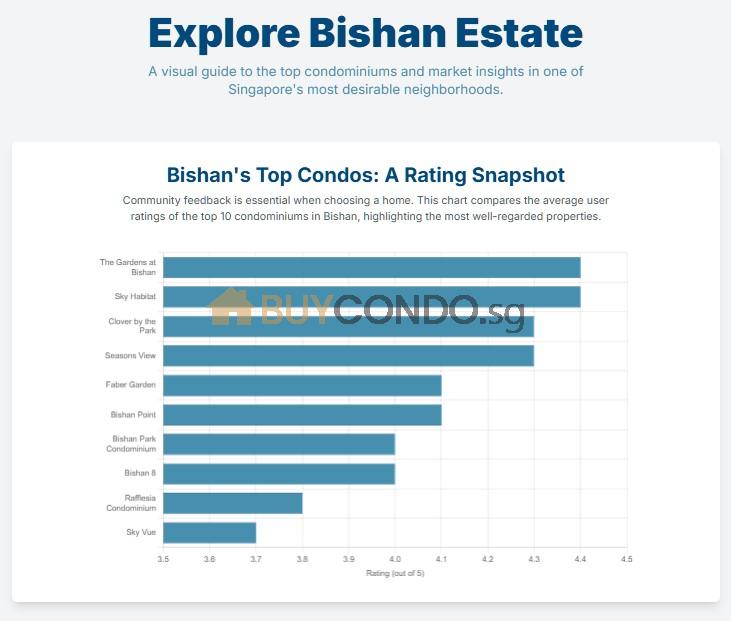Chinese Immigrants in Singapore: To Lease or Buy? A Guide to Making the Right Property Decision
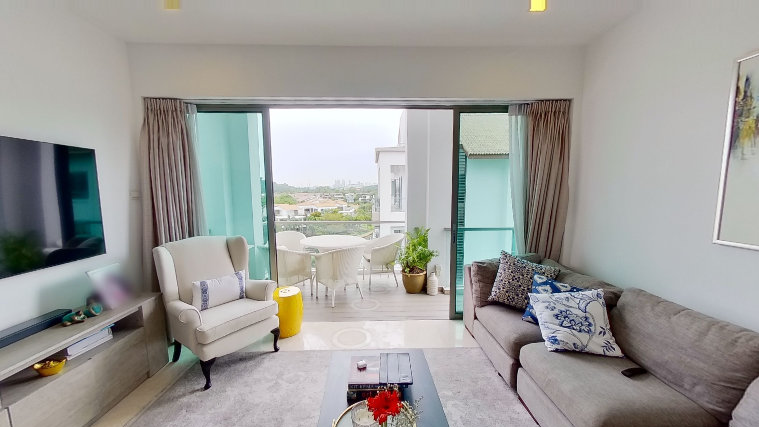
Introduction: Chinese Immigrants Moving to Singapore
Singapore, known for its low taxes and high-quality education system, is increasingly becoming a preferred destination for Chinese immigrants. These immigrants often face the critical decision of whether to lease or buy a property first upon moving to Singapore. This decision, while seemingly straightforward, has diverse implications and requires careful consideration of various factors. In this article, we aim to provide an in-depth analysis of these factors and present crucial insights into the housing options available in Singapore for Chinese immigrants.
Singapore’s strategic location in the heart of Asia, coupled with its strong economic performance and high standard of living, has made it an attractive choice for relocation for many Chinese immigrants. A case in point is Mr. Li, a successful Chinese entrepreneur, who decided to move to Singapore with his family to start a new business venture. Drawn by the business-friendly policies of Singapore, Mr. Li found it easy to establish his company in this vibrant city-state. The safety and excellent education opportunities offered by Singapore were also major considerations in his decision. The top-notch education system, in particular, promised a bright future for his children and gave him the confidence to make Singapore his new home.
Attractiveness of Singapore to Chinese Immigrants
One of the primary reasons why Singapore is highly attractive to Chinese immigrants, particularly the wealthy ones, is its favorable business environment and abundant investment opportunities. The city-state is known for its robust and resilient economy, which has consistently delivered strong growth over the years. This, coupled with its strategic location at the crossroads of major trade routes, makes Singapore an ideal place for businesses and investments.
Additionally, wealthy Chinese individuals find the low taxes and high-quality education system in Singapore highly appealing. For example, Ms. Wang, a successful businesswoman from Shanghai, was attracted to Singapore’s business-friendly environment and favorable tax regime. She saw Singapore as a land of opportunities, with plenty of room for business expansion and growth. Furthermore, she was drawn to the excellent education system in Singapore, which she believed would provide her children with the best possible start in life. The cosmopolitan lifestyle and multicultural environment of Singapore also attracted her, further cementing her decision to move her family and business to this city-state.
Singapore as a Global Hub for Wealth Management
Singapore’s strategic efforts to position itself as a global hub for wealth management have been successful in attracting wealthy individuals from around the world, including China. The city-state’s strong regulatory framework, political stability, and pro-business policies have contributed to its reputation as a safe haven for wealth preservation and growth. These factors are particularly appealing to Chinese individuals who are looking to protect and expand their wealth. We received Chinese Immigrants who setting up Family Offices in Singapore.
Take the example of Mr. Chen, a high-net-worth individual from Beijing. He found Singapore’s reputation as a global wealth management hub highly appealing. The stability and security offered by Singapore, along with its wide array of financial services, provided him with the confidence to relocate his assets to Singapore. Moreover, the city-state’s strategic location in Asia and its strong ties with major economies worldwide offered him ample opportunities for diversifying his investment portfolio. These factors played a significant role in his decision to establish a strong financial presence in Singapore.
Impact on Singapore’s Property Market
The increasing number of Chinese buyers, particularly those interested in luxury properties, has had a profound impact on Singapore’s property market. Chinese nationals currently make up the largest group of non-resident homebuyers in Singapore, drawn by the city-state’s stability and attractive income tax rates. This increasing demand from Chinese buyers is contributing to the upward pressure on house prices in Singapore. However, the long-term impacts on local Singaporean citizens are still uncertain as the government has implemented measures to manage the property market and control the influx of foreign buyers.
To illustrate, the surge in Chinese buyers has contributed to rising property prices in prime locations Condos such as Orchard Road and Sentosa Cove. This has presented challenges for some Singaporeans, particularly first-time buyers and those with lower incomes, who are finding it increasingly difficult to afford homes in these prime areas. However, the Singapore government has taken proactive measures to manage this situation. Measures such as the Additional Buyer’s Stamp Duty (ABSD) have been implemented to curb speculative buying and ensure that Singaporeans can access affordable housing. These measures aim to strike a delicate balance between attracting foreign investment and protecting the interests of Singaporean citizens.
Buying a Property in Singapore
For Chinese immigrants, buying a property in Singapore presents both advantages and challenges. One of the main advantages of owning a property is long-term stability and the potential for capital appreciation.The Singapore property market, known for its resilience and attractive returns, particularly appeals to mainland Chinese buyers. However, the process of buying a property in Singapore can be quite complex, involving several legal and financial considerations. Engaging a property agent and conducting thorough due diligence is crucial to ensuring a smooth transaction. Websites like www.buycondo.sg offer valuable resources for property listings and can help engage a property agent.
Suppose we consider the case of Mr. Zhang, a mainland Chinese buyer looking to invest in the Singapore property market. He found the Singapore property market appealing due to its stability and potential for high returns. However, he also realized that buying a property in Singapore involves several steps, including understanding the property laws, assessing affordability, and engaging a property agent. He found the resources singapore property blog valuable in helping him navigate the Singapore property market. His experience underscores the importance of conducting thorough research and seeking professional advice when buying a property in Singapore.
Leasing a Property in Singapore
Leasing a property in Singapore also comes with its own set of advantages and challenges for Chinese immigrants. On the one hand, renting a property provides flexibility and allows immigrants to explore different neighborhoods before making a long-term commitment. The rental market in Singapore has been growing in recent years, providing a range of options for potential lessees. BUYCONDO Team, property manager in Singapore can assist Chinese immigrants in finding suitable rental properties.
On the other hand, renting a property can also present certain challenges. For instance, rental rates in popular areas can be quite high, and tenants do not have the same level of stability as property owners. Furthermore, tenants may have to deal with issues such as maintenance and repairs, and they may have to move frequently if they choose not to renew their lease. Despite these challenges, renting can be a suitable option for Chinese immigrants who value flexibility or are not ready to make the significant financial commitment required to buy a property.
Factors to Consider When Deciding to Lease or Buy
Deciding whether to lease or buy a property in Singapore involves careful consideration of several factors.One important factor is the relative high prices of properties in Singapore compared to other locations, which can impact affordability. Another factor is the perception of Singapore as a safe haven for Chinese families due to its stable economy, political stability, high-quality education system, and healthcare facilities.
Chinese immigrants also need to consider their long-term plans, financial situation, and personal preferences. For some, owning a property can provide a sense of security and the opportunity for capital appreciation. However, it is crucial to understand the legal and financial implications of buying a property in Singapore, and professional advice can be invaluable in this regard. On the other hand, leasing a property can provide more flexibility and allow immigrants to familiarize themselves with different areas in Singapore before making a long-term commitment.
The Impact of Chinese Buyers on Singapore’s Citizens
The influx of Chinese buyers has raised questions about its impact on Singaporean citizens. While the increased demand from Chinese buyers has contributed to the buoyancy of the property market, the long-term effects on Singaporean citizens are still uncertain. The Singapore government has implemented measures to manage the housing market and control the influx of foreigners in an attempt to balance the interests of attracting investment and safeguarding the interests of its citizens.
For instance, rising property prices, particularly in prime locations, have presented challenges for some Singaporeans, especially first-time buyers. Affordability has become a major concern, with some Singaporeans finding it increasingly difficult to enter the property market. However, the government has proactively addressed this issue by implementing measures such as the ABSD and loan-to-value limits, which aim to ensure that Singaporeans can access affordable housing options and prevent excessive speculation in the property market.
Conclusion
Wealthy Chinese nationals are buying luxury apartments in Singapore due to China’s handling of the pandemic, strict COVID-19 measures, disruptions in other economic hubs, and concerns about taxes and political uncertainty.
- 🏢 Chinese Nationals are buying up luxury apartments in Singapore due to the difference in how Singapore and China handled the pandemic, with Singapore gradually lifting restrictions while Shanghai experienced a two-month lockdown.
- 💼 Wealthy Chinese are buying property in Singapore due to the country’s strict COVID-19 measures.
- 😷 City officials in China were unprepared for the lockdown, resulting in food shortages, overwhelmed medical facilities, and forced quarantine, posing both healthcare and political risks.
- 💡 China’s prolonged lockdowns in Shanghai have caused frustration and social unrest due to lack of notice and difficulty in de-escalating the situation.
- 💼 Wealthy Chinese are buying property in Singapore due to disruptions and strict controls in other economic hubs, as well as a sense of unpredictability in domestic politics.
- 💡 Uncertainty remains regarding the impact of President Xi’s power centralization on the market and the upcoming party Congress.
- 💰 China’s wealthy are concerned about taxes due to the government’s push for equal opportunities to become rich by 2023.
- 💼 Chinese wealthy individuals are buying property in Singapore due to factors such as cultural familiarity, a pro-business environment, and the desire to shift assets away from China, which has maintained property prices but also led to the implementation of measures to curb excessive investment. However with the ABSD 60% the Buying activities will see drastic slow and the foreigners may only buy when they are converted to PR or Citizen.







